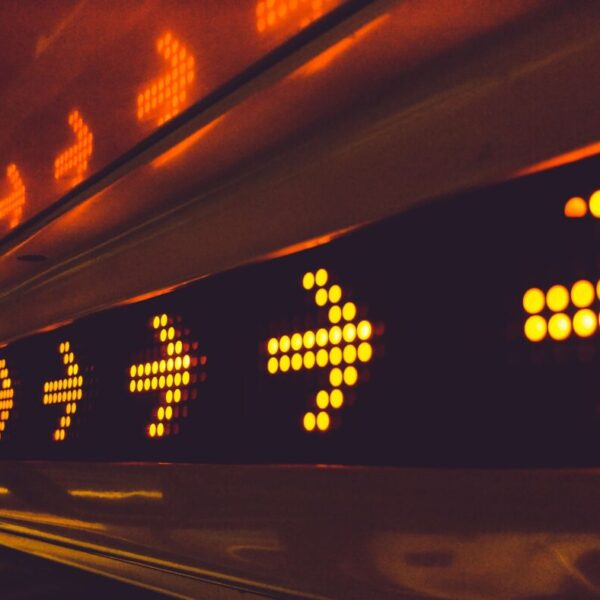Effectively implement regular risk analyses in your own supply chains

As of 01.01.2023, the Supply Chain Due Diligence Act (LkSG) requires compliance with defined due diligence requirements and the performance of regular risk analyses. In order to achieve this, supplier surveys are often presented as a possible solution, in a sense a self-disclosure.
It is obvious that this is not only challenging from a procedural point of view – for example, if a Chinese supplier is to be questioned – but it is also quite simply not effective. Questions immediately arise about language barriers, scope for interpretation, the duration of the survey process, and the frequency of the survey. In addition, a survey is susceptible to the fact that once a questionnaire has been filled out, only the date is subsequently adjusted – in other words, it degenerates into a “paper tiger”. This is precisely not the goal of the LkSG.
An effective approach combines internal risk metrics, external data sources and online media monitoring. CURE Intelligence’s Supply Chain Radar takes all these factors into account:

So in this case, it’s not just inquiring, but “listening carefully”: to the supplier’s employees, customers and partners, as well as to journalists, NGOs and others who publish something online about the supplier. And additional data can be integrated beyond the requirements of the LkSG, such as credit scores, location data or industry-specific aspects. This is possible in Supply Chain Radar CURE Supply Chain Radar.
In order for the tool to provide maximum benefit, effective coordination is important. After all, in order to adequately assess a risk in the supply chain, the importance of the supplier or its product or service for the company must be clearly quantified. This also applies to the thematic context. And what’s more: ideally, in the case of sensitive parts in the supply chain, the entire industry is monitored, i.e., not only the individual company but also its competitors. Because then not only can disruptions in the supply chain be better anticipated – it may also be possible to switch to another supplier more quickly.
Central to coordination and fine-tuning is accountability within the company. And this is precisely what the LkSG also requires: “The company must ensure that it is specified who is responsible within the company for monitoring risk management […].” (§4 Abs. 3 LkSG)
An external service provider such as CURE Intelligence can provide support. Not only on the data side and in the implementation of the Supply Chain Radar, but also practically in finding technology-safe alternatives or process-related in the development of preventive measures. Our partners include, for example, the INC Invention Center (cooperation between the Fraunhofer Institute for Production Technology and RWTH Aachen University) for technological solutions and the ESG Powerhouse, which provides support in the introduction of a risk management system or also acts as an external compliance office. This not only ensures that companies comply with the LkSG – it takes general risk management and production safety to a new level.
We will be happy to support you – contact us now and we will address the issue quickly and competently.



